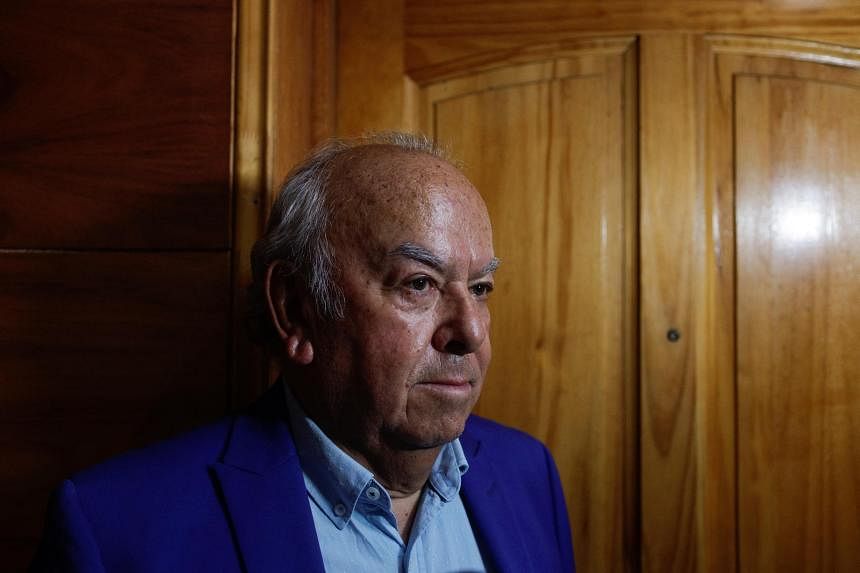SANTIAGO, Chile – A third inquiry into the death of Chilean poet Pablo Neruda 50 years ago could shed new light on whether he was poisoned by political enemies, as alleged by some members of his family.
The latest expert report, presented to a court on Wednesday, will be reviewed by judges in closed hearings ahead of a legally binding ruling on the poet’s death in 1973 shortly before the Pinochet dictatorship came to power.
The New York Times reported that the team of international forensic experts that compiled the report did not provide a definitive answer.
The scientists found in Neruda’s body a potentially toxic type of bacteria that would not naturally occur there, and confirmed that it was in his system when he died.
But they could not distinguish whether it was a toxic strain, and they could not conclude whether he was injected with the bacteria or if, instead, it came from contaminated food.
Yet, the scientists conceded that other circumstantial evidence supported the theory of murder, including that in 1981, the military dictatorship poisoned political prisoners with bacteria possibly similar to the strain found in Neruda. (However, that method of poisoning stemmed from a chemical weapons programme the dictatorship began in 1976, three years after Neruda’s death.)
Instead of providing clarity, the highly anticipated report showed that a murder mystery that has hung over Chile for the past 50 years may never be solved.
Mr Rodolfo Reyes, a Neruda nephew, reiterated this week claims that his uncle – a member of the Communist party and the most important Chilean intellectual of the time – was poisoned.
“(He was) murdered by agents of the state. Is there any doubt?“ he told reporters outside the court.
He said he did not have access to the report. Earlier, he told Spanish news agency EFE he saw laboratory documents that supported the poisoning hypothesis.
An international forensics group in 2017 raised doubts as to whether Neruda died of prostate cancer at age 69 and did not rule out foul play.
Previous tests have found no evidence Neruda, winner of the Nobel Prize for literature in 1971, was poisoned.
The report’s coordinator, Dr Gloria Ramirez, made no comment on Mr Reyes’ speculation about its findings, whose presentation to the court was delayed twice. It has not been made public because of judicial rules governing the inquiry.
Judge Paola Plaza, who is overseeing the case, said there is no deadline on delivering a verdict.
She said she would consider the latest report as important evidence in the inquiry into whether Neruda was poisoned, and that she could file murder charges if she finds that she has enough evidence.
To some of Neruda’s relatives, who have long believed the poet was murdered, the report was evidence that he was.
“We have now found the murder weapon. But who killed him? That is the second stage,” said Mr Reyes.
Neruda was a friend and adviser to Chilean socialist President Salvador Allende, who was overthrown in a coup led by Augusto Pinochet in September 1973. REUTERS


